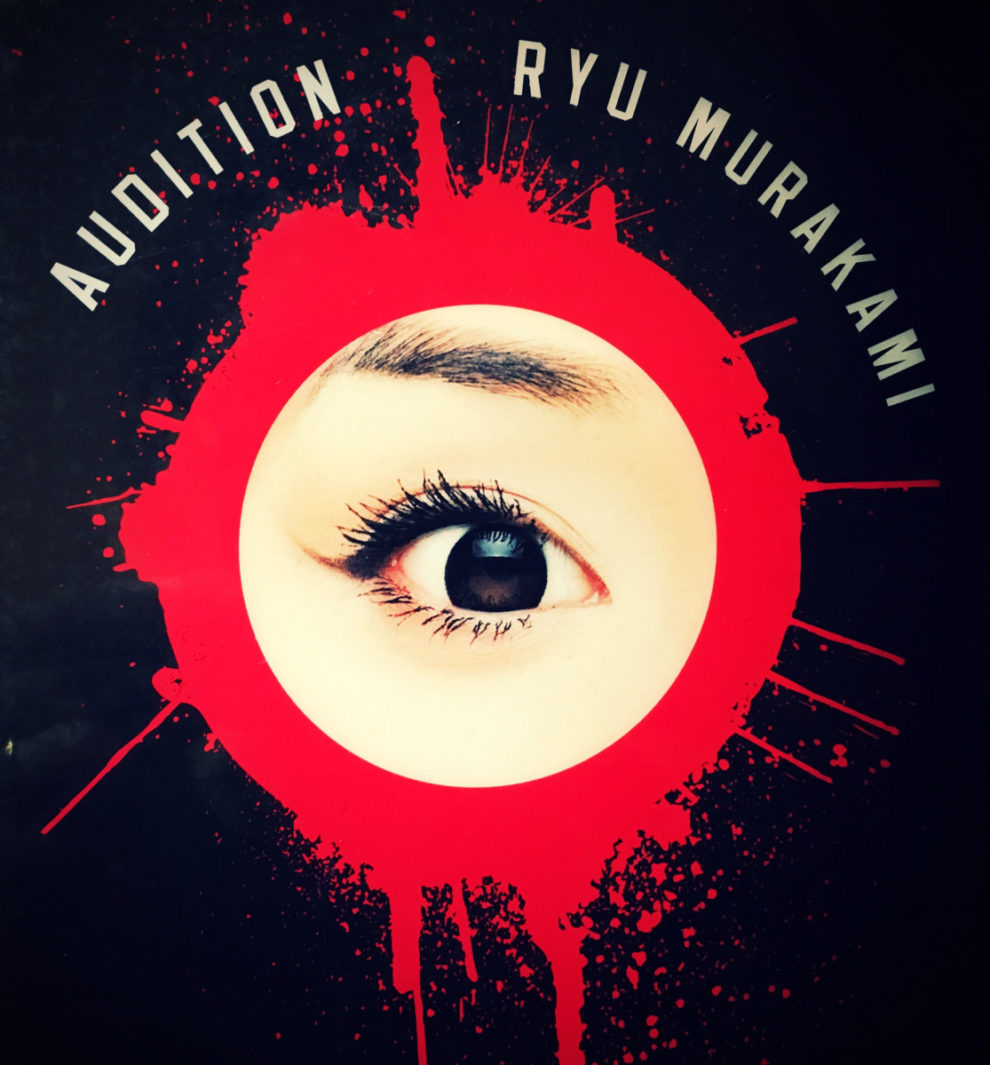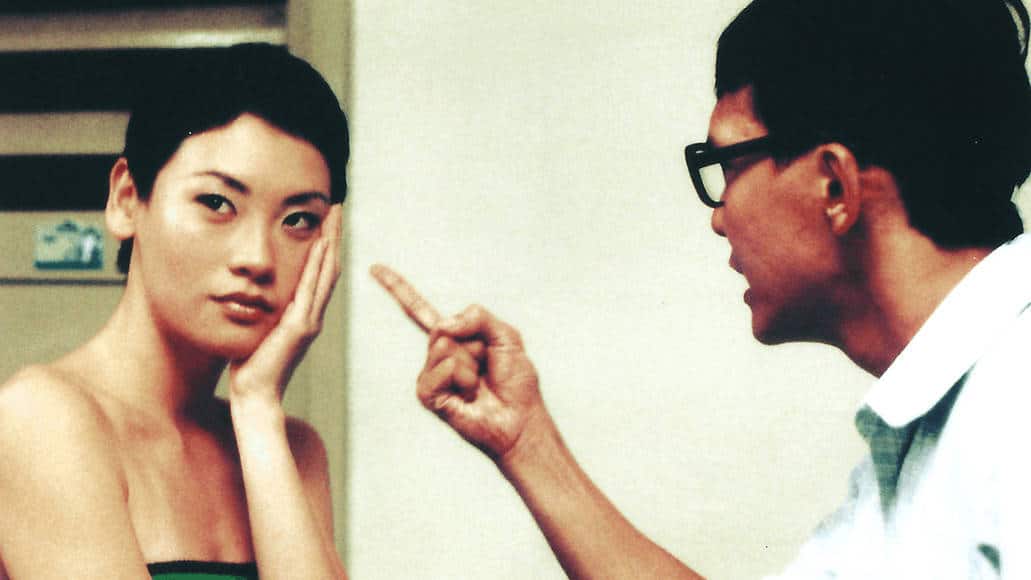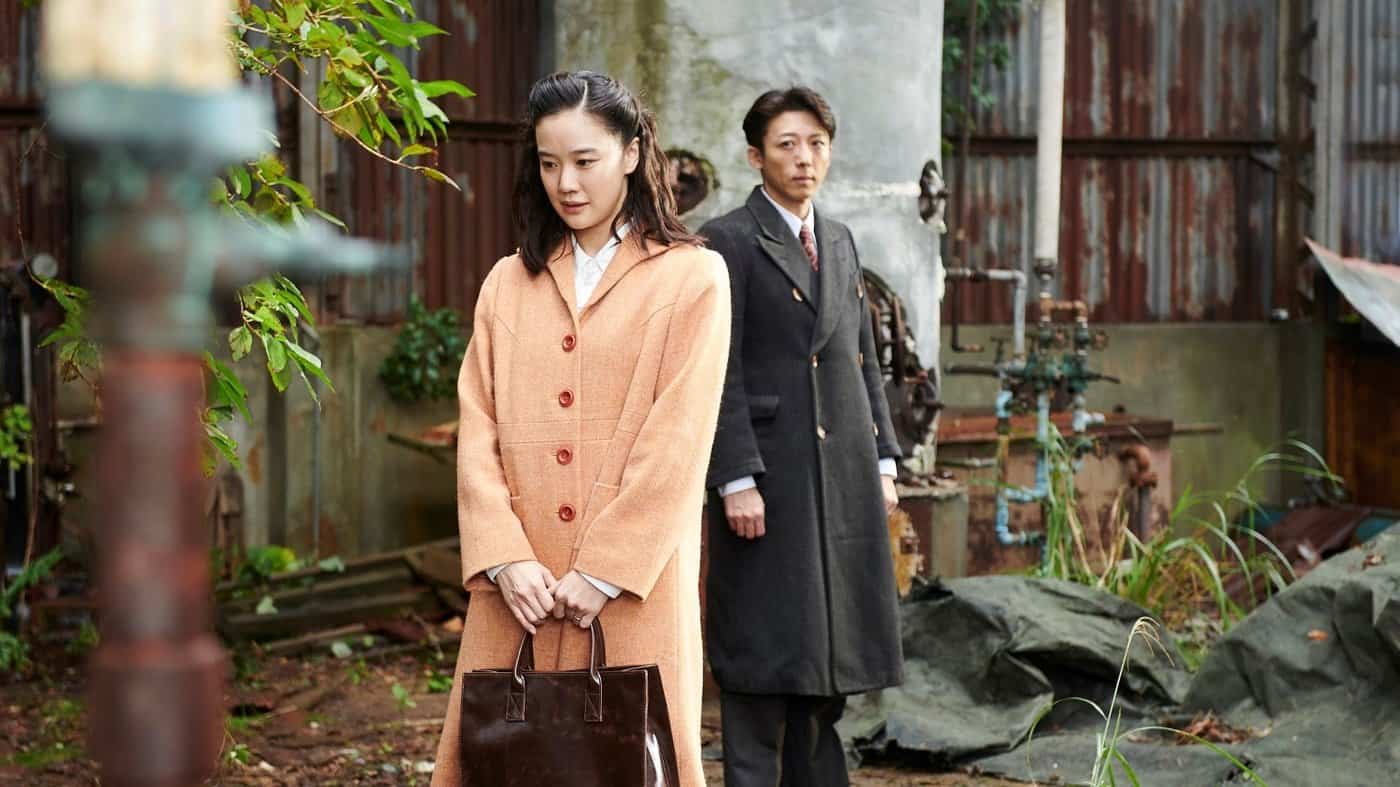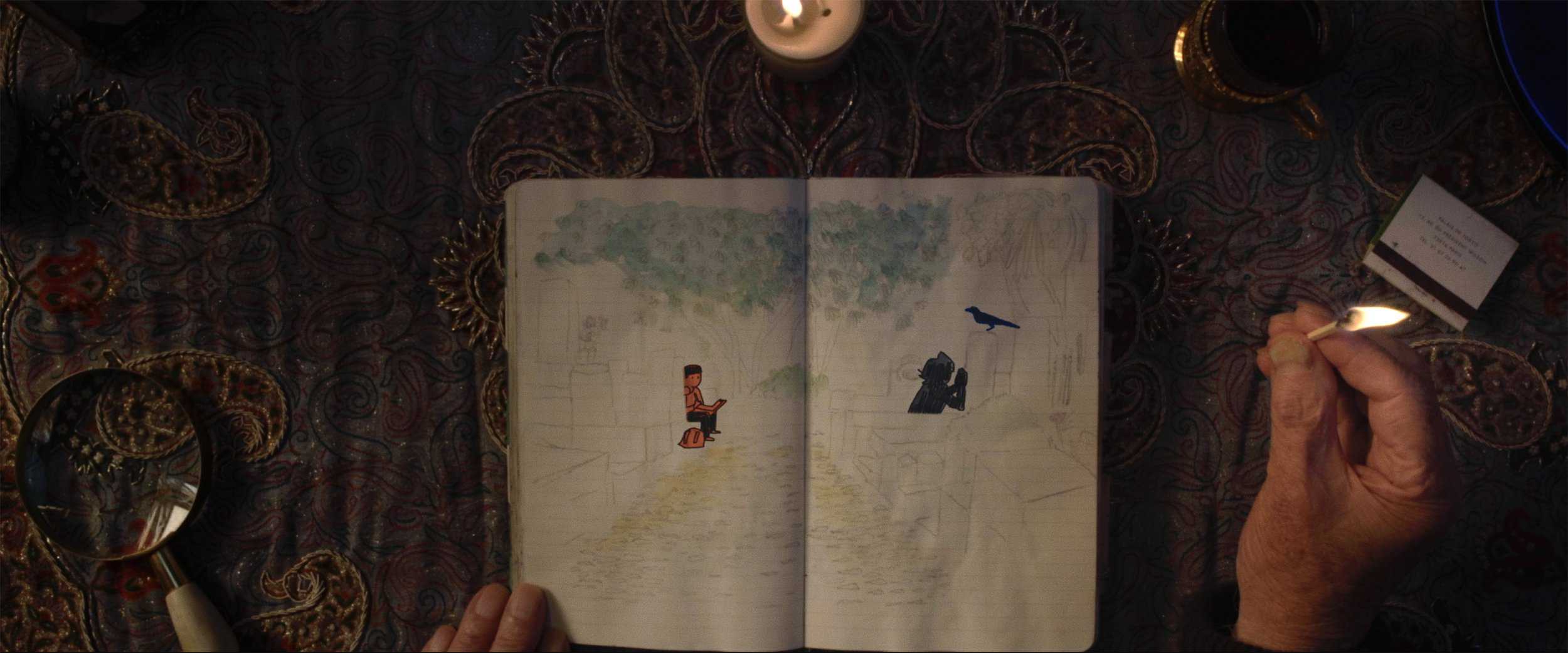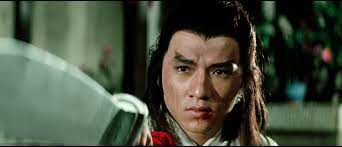Most probably, Ryu Murakami's most famous book due to Takashi Miike‘s masterful transfer on the big screen, “Audition” proved that exploitation and rich sociophilosophical context could go hand in hand.
Buy This Title
In case you have not seen the movie (you should do so immediately), the story revolves around a widower, Aoyama, who owns a small production company. After dealing with his grief for some time, Aoyama decides to spend as much time as he can with his adolescent son, Shige and also to bring an acclaimed East German pipe organist to Japan to hold a free concert, which in reality is a ploy so that he may record the rare concert and sell it on VHS.
He accomplishes both goals, but a sense of incompleteness remains, which both his son and his close friend, Yoshikawa notice, and eventually start urging him to date again. Yoshikawa, who has many connections in the entertainment industry, goes a step even further, suggesting they organize a mock audition for a movie that will probably never happen, and have Aoyama choose among the plethora of women who are bound to apply. Aoyama, eventually, and quite reluctantly, agrees, but his mind is set on one of them even before the actual audition, while looking at the photos of the applicants. Her name is Yamasaki Asami, and her live audition makes Aoyama even more infatuated with her. Soon, the two start dating, but Asami seems to keep some secrets, which Yoshikawa firstly notices, alarming Aoyama about the mystery that surrounds her past. The latter, however, is head over heels and not able to hear any negative thing about her.
The review contains spoilers
One of the best traits of Miike's film is the way he builds the story towards the unprecedented horror that concludes the movie, with very brief but rather intense scenes, that allow the viewer to realize that something is going on, and even more, that something bad is about to happen, without, though, disrupting the quite different aesthetics that permeate the overall narrative. The exact same applies to Murakami's novel, through brief sentences here and there, with the built up being equally impressive, and the path towards the finale even more accomplished on occasion.
Through the main story of the novel, Murakami explores a number of topics. The way Japanese continued to work like slaves even after the country had fully recovered from WW2, essentially not because they wanted a better life, but because they wanted more things, is a direct accusation towards consumerism. The occasionally despicable and definitely based on public relations and not actual value or abilities ways the entertainment industry works is another central comment. Furthermore, how grief, trauma, and violence can shape and essentially blind people is also explored thoroughly, with Murakami giving this same attribute to love, as exhibited by Aoyama, who does not hear himself, his friends and in essence, logic and reality when dealing with Asami. How frightening human nature can be is also presented here, through Yamasaki's character, which eventually is revealed as the ultimate femme fatale, with the complete trust Aoyama shows her comprising both the aforementioned concepts. That in the end, he is actually saved due to the only secret he kept from her, also moves towards the same direction, while also providing a sense of tragic irony, due to the reasons Asami decides he has betrayed her.
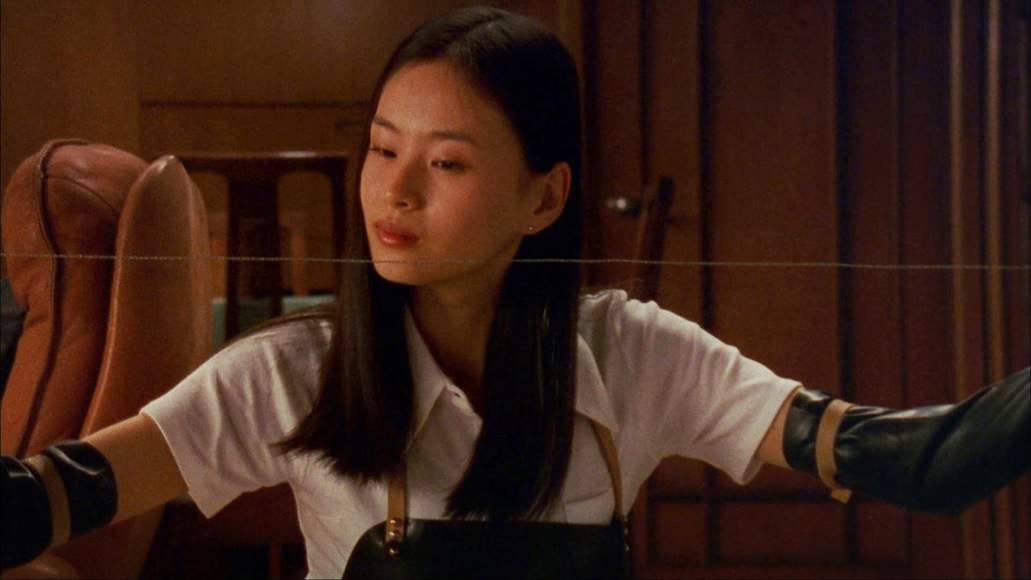
The exploration and the externalization of all the above find their apogee in two scenes, the most intense in the book, both of which highlight Murakami's command of language and his ability to retain the agony of the viewer. The first one is the sex scene, which is implied as much as presented, and with its finale providing a great path towards the actual ending of the book. The second one is the home invasion scene, which is one of the chilliest ever presented on a novel, with Murakami portraying the horrible things that happen in a style that seems to state that he was actually holding up everything in order to “throw” it to the viewer in the end. Particularly the way he describes the sounds is as eloquent as it is chilling, in the main source of exploitation in the book.
What is also impressive is that through Aoyama and his bon viveur tendencies, Murakami also makes a gourmet trip to the culinary habits of Tokyo. In that fashion, the different drinks, foods (both local and international), and the various styles of restaurants including the atmosphere they emit and the people who visit them take up a rather large part of the book, adding an element of “guilty pleasure” to the whole context.
That Murakami manages to condense all of the above in just 200 pages (Bloomsbury version) is another testament to the value of his writing, which is economical, simple, despite the occasional contextual intricacies, and with a language that allows the book to flow as easily as possible.
“Audition” is disturbing, shocking, sincere, agonizing, easy-to-read and above all, highly entertaining. A true masterpiece of the extreme.


